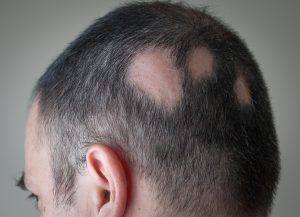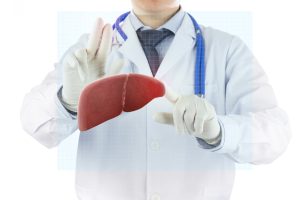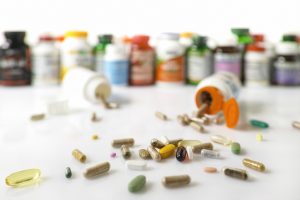 Mouth sores are lesions that can form on your lips, gums, tongue, cheeks, and in other parts of your mouth. They’re often painful to the touch, but can also cause a steady, consistent level of pain for as long as they are in your mouth.
Mouth sores are lesions that can form on your lips, gums, tongue, cheeks, and in other parts of your mouth. They’re often painful to the touch, but can also cause a steady, consistent level of pain for as long as they are in your mouth.
One of the most common types of mouth sores is the canker sore, which usually appears as a red spot in the mouth with a white, yellow, or gray center. Canker sores may range in size from less than one millimeter to an inch in diameter. There is no clear, singular cause for canker sores, but they are believed to form in response to stress, injuries inside the mouth, nonsteroidal anti-inflammatory drugs, and dental appliances such as braces.
Another common type of mouth sore is the cold sore, which develops as a result of herpes simplex virus type 1 (HSV-1). This virus is extremely common, affecting approximately 3.7 billion people across the world under the age of 50. It primarily spreads through close contact and saliva, often infecting people through the sharing of food, drinks, or utensils, as well as through kissing.
These two types of mouth sores account for the vast majority of cases, with approximately 20% of Americans developing canker sores during their lifetime and about half of all Americans carrying HSV-1. However, mouth sores can develop as a result of:
- Human papilloma virus
- Irritable bowel syndrome
- Anemia
- Celiac disease
- Crohn’s disease
- Lupus
- HIV/AIDS
- Oral cancer
- Cancer treatment (particularly radiation therapy)
- Hand, foot, and mouth disease
- Pemphigus vulgaris
- Folate deficiency
- Mononucleosis
While mouth sores cannot always be prevented from occurring, your risk of developing them can be reduced through good dental hygiene, a healthy diet that limits alcohol and tobacco usage, and stress management techniques.
You can also work with a doctor at Flushing Hospital Medical Center’s Ambulatory Care Center for an accurate diagnosis of the cause of your mouth sores and an effective plan for treating them. To schedule an appointment, please call (718) 670-5486.
All content of this newsletter is intended for general information purposes only and is not intended or implied to be a substitute for professional medical advice, diagnosis or treatment. Please consult a medical professional before adopting any of the suggestions on this page. You must never disregard professional medical advice or delay seeking medical treatment based upon any content of this newsletter. PROMPTLY CONSULT YOUR PHYSICIAN OR CALL 911 IF YOU BELIEVE YOU HAVE A MEDICAL EMERGENCY.









